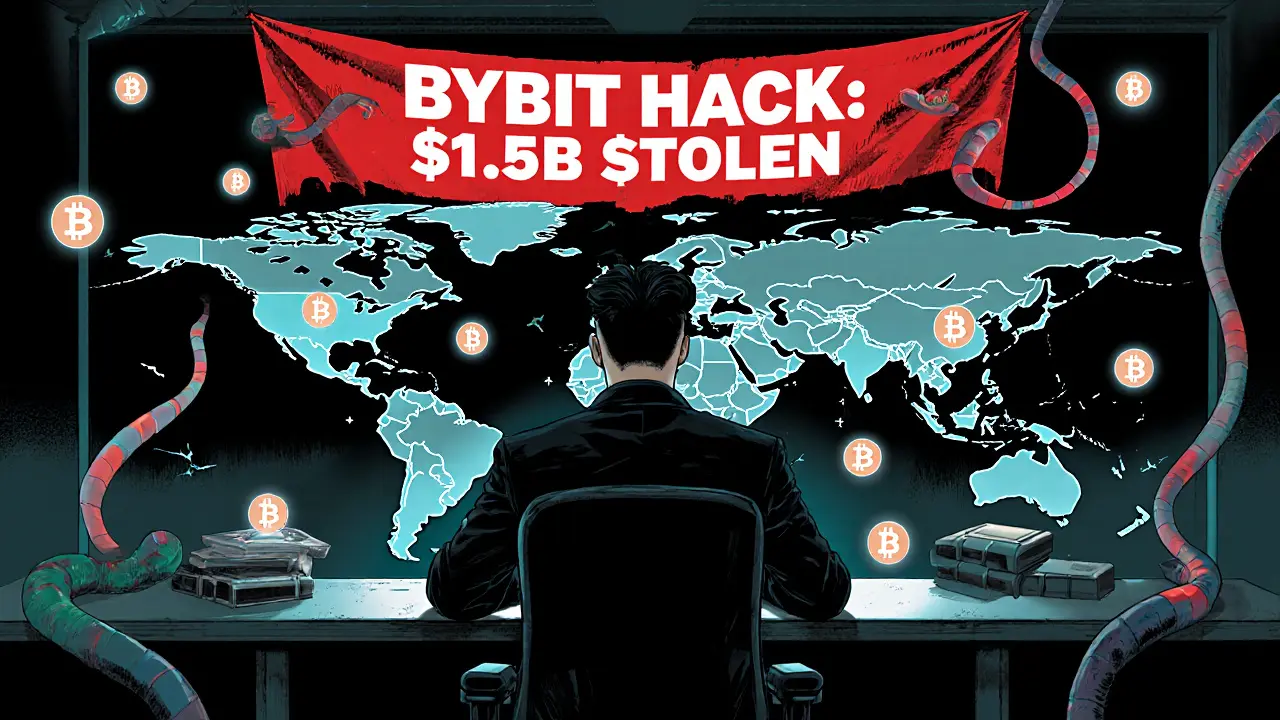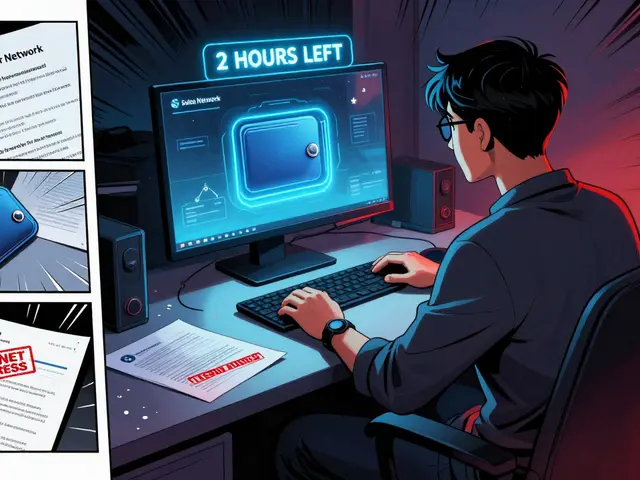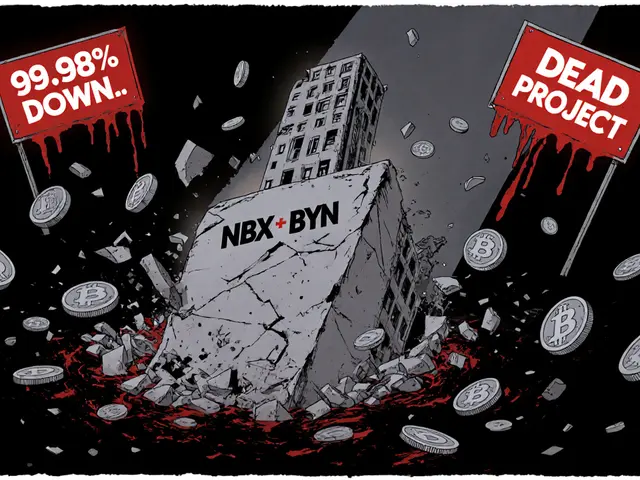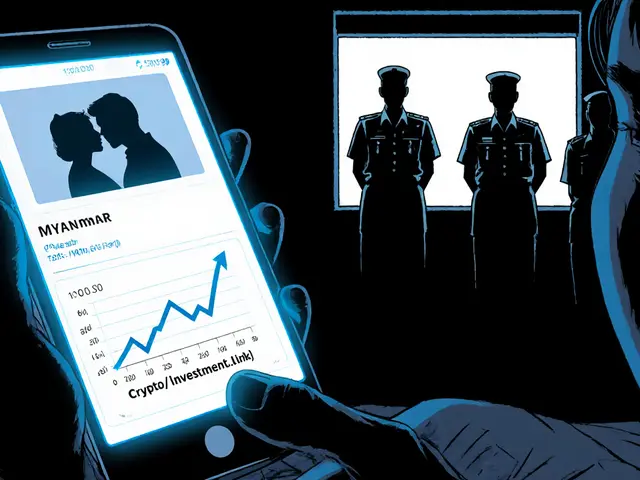Cryptocurrency Sanctions: What They Are, Who Gets Targeted, and How They Impact You
When governments hit crypto addresses with cryptocurrency sanctions, official restrictions on digital asset transactions tied to illegal activity or hostile entities. Also known as crypto asset freezes, these aren’t theoretical—they’re active tools used by the U.S. Treasury, the EU, and others to cut off funding to criminal networks, ransomware gangs, and state-backed fraud operations. This isn’t about banning Bitcoin. It’s about freezing wallets linked to specific bad actors—like the operators behind Myanmar’s $10 billion scam hubs or North Korean hacking teams stealing from DeFi protocols.
These sanctions rely on OFAC sanctions, the U.S. Office of Foreign Assets Control’s list of blocked individuals, entities, and crypto addresses. Also known as crypto blacklist, it’s updated weekly and includes wallet addresses, exchange accounts, and even blockchain domains tied to illicit activity. If you send funds to a sanctioned address—even unknowingly—you risk having your own account flagged or frozen by compliant exchanges. That’s why platforms like Binance, Kraken, and Coinbase scan every transaction against OFAC’s list. It’s not paranoia; it’s legal compliance.
Sanctions aren’t just about stopping crime—they’re reshaping how crypto works globally. Countries like Iraq and Bangladesh have used them as models for their own crypto bans, while Turkey and the UK now require exchanges to embed real-time screening tools. Meanwhile, fraud networks keep adapting: they use mixers, chain-hopping, and fake airdrops to dodge detection. The crypto fraud, deceptive schemes designed to steal funds through fake tokens, phishing, or impersonation. Also known as crypto scams, it’s the main reason sanctions exist in the first place. Rug pulls, romance scams, and forced-labor mining rings all feed into this system—and they’re exactly what sanctions aim to choke off.
What does this mean for you? If you’re trading on regulated platforms, you’re already protected. But if you’re using unvetted DEXs, participating in obscure airdrops, or sending crypto to unknown wallets, you’re playing with fire. One wrong transaction can trigger a freeze, a report, or worse. The goal isn’t to stop innovation—it’s to stop criminals from hiding behind anonymity. And that’s why understanding these sanctions isn’t just for compliance officers. It’s for every crypto user who wants to keep their funds safe and their record clean.
Below, you’ll find real cases—like how Myanmar’s scam networks got hit, how Iraq’s ban mirrors U.S. tactics, and why Turkey’s 2024 law forced exchanges to upgrade their screening tools. These aren’t abstract policies. They’re live actions affecting wallets, prices, and user access right now. Know the rules. Avoid the traps. Stay ahead.

North Korea has stolen over $2 billion in cryptocurrency in 2025 alone, funding its weapons programs through cyber heists. A new 11-nation coalition, the MSMT, is fighting back with blockchain forensics, but gaps in global cooperation still leave the system vulnerable.
Continue Reading





